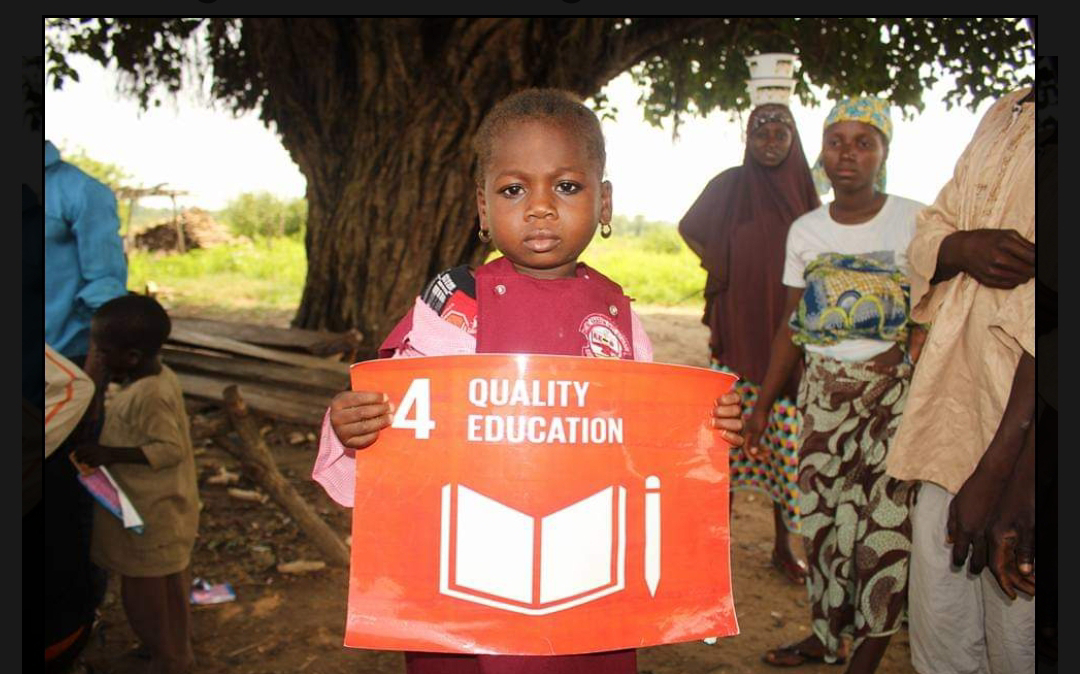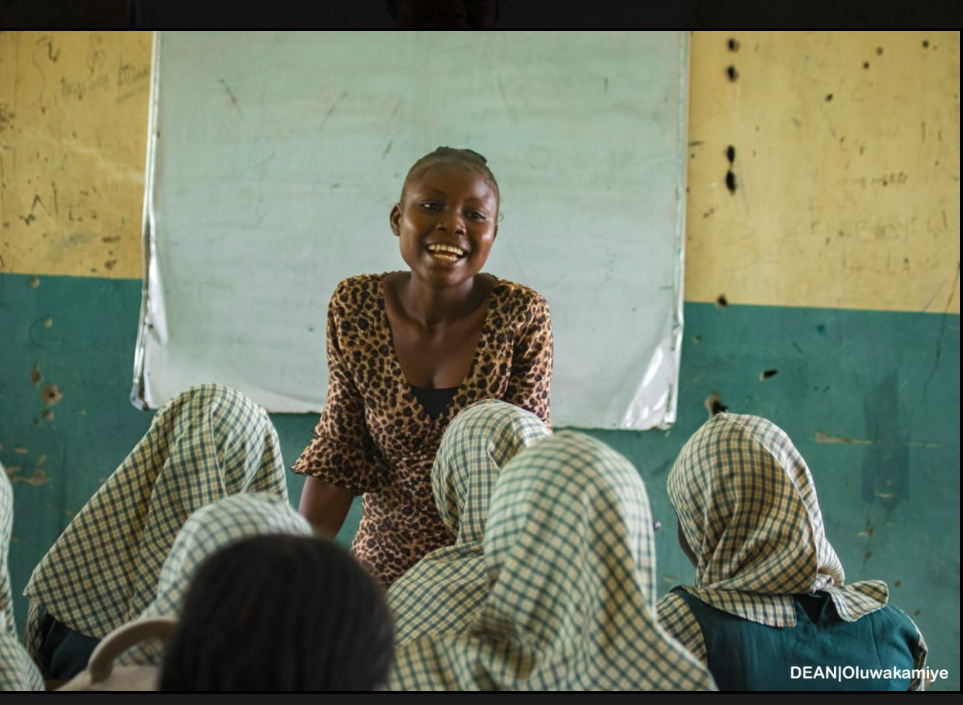With the evolvement of the education system, there is a need to adapt to the shifting skills needed to fuel the narrative to empower the fate of girls to know that they are not less endowed in potential. Equal Potential – Girls (EP-girls), incorporates real-life skills, political education, and self-esteem management for girls in an informal setting, through extracurricular school exercises in Nigerian schools.
According to UNESCO, around the world, 132 million girls are out of school, including 34.3 million of primary school age, 30 million of lower-secondary school age, and 67.4 million of upper-secondary school age. In countries affected by conflict, girls are more than twice as likely to be out of school than girls living in non-affected countries. And in many countries, among girls who do enter primary school, only a small portion will reach and far fewer will complete secondary school.
Every girl has the right to quality education. Girls’ education goes beyond getting girls into school. It is also about ensuring that girls learn and while at it, they feel safe too; have the opportunity to complete all levels of education acquiring the requisite knowledge and skills to strive in this present time; learn the socio-emotional and life skills necessary to navigate and adapt to a changing world; make decisions about their own lives; and contribute to their communities and the world. Consequently, DEAN’s Education for Girls Team in partnership with our volunteer communities worked in 800 rural communities across the 6 Area Councils in FCT, 20 communities across 8 LGAs in Katsina and 330 communities across the 33 LGAs in Oyo state to get first-hand information on the impact of covid-19 on girls’ education in the communities through advocacies, FGD/community engagements, radio talk shows and jingles as well as social media engagements with about 2,058,916 reach.
EP GIRLS initiative in advancing girl child education served as an eye-opener to community members, parents, and guardians alike on how much impact the covid-19 has on a girl child’s education, future health, and well-being both short and long term, how their continued stay at home could also be an avenue for other vices to affect the girl child. Hence, religious leaders, community heads as well as parents made commitments to support their girls and encourage others to ensure that every girl child is empowered and that learning never ends for the girl child. As a result of the EP Girls Initiative, we got feedback school administrators and community leaders in the states where we carried out this project that a reasonable number of girls have returned to school due to our campaign. It was reported that about 500 girls in Abuja and 55 girls in Katsina State and 200 girls in Oyo state have received support from their families and communities to return to school.





















